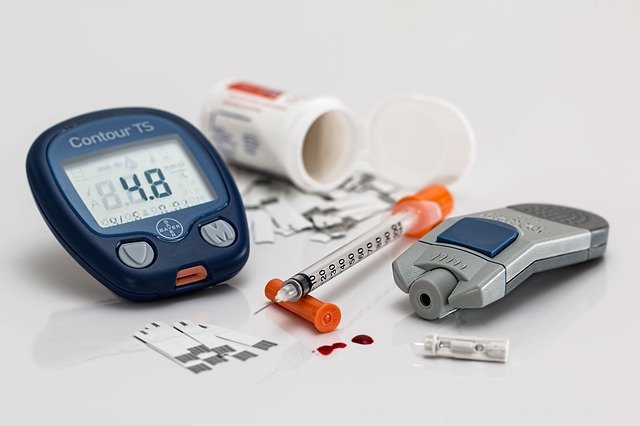If you are feeling lousy and are looking for over the counter flu medicine, and you have diabetes, you need to be careful about which medicine you purchase. Whether the medication treats flu, cold, or headache symptoms, many of the non-prescription options contain carbohydrates, which can cause blood sugar levels to increase. People who struggle with diabetes need to take extra care to read labels and understand which meds they can and cannot take.

Which Meds are Appropriate for Diabetic Patients
Although individuals who have diabetes need to be more careful when it comes to medication use, it does not mean they cannot take anything for symptoms. The key is to read the label. If a medication does not contain sugar or other carbohydrates, it should be safe to take. Some labels even say ‘sugar-free’ or ‘safe for diabetics’ to make it easier to know which ones are ok. Diabetics patients should also choose medication that treats one specific symptom rather than multiple ones.
Topical medications are a better choice than pills because they do not get into the bloodstream and affect blood sugar levels. For example, for muscle or joint aches and pains, a pain-relieving cream or gel is safer for diabetics than a pain reliever in pill form. Also, a nasal spray is better for treating congestion than a pill.
For patients who want a safer and more natural option for cold and flu symptoms, there are numerous homeopathic alternatives. Check out Brillia health reviews to see some of the options. Not only do they have no side effects, but they also do not contain sugars or artificial ingredients.
What Medication Diabetic Patients Should Avoid
When reading the ingredient label, you should look for carbohydrates, specifically sugar. In general, the liquid forms of medication, such as cough control medicine, contain high levels of sugar and should be avoided. Oral decongestants usually contain ingredients that raise blood sugar, so they should be avoided.
Many pain relievers are ok for diabetic patients to take. However, their use, especially over the long run, can take a toll on the kidneys. If someone is suffering from kidney disease or other issues, these medications should be avoided as much as possible.
Diabetic Management and Medication Use
The best way to keep insulin levels stable when taking medication is to consult with a doctor before and while taking it. For some people, medication that contains carbohydrates may be ok for patients whose blood sugar is well-managed and when the medication is only used for a short period of time.
For some patients, the physician may think that taking a certain sugar-containing medication is necessary. If this is the case, insulin levels may need to be changed while taking the meds. With any medication, it is important that the patient check blood sugar levels on a regular basis and report any changes right away.
Being sick is not fun, and medication can help manage symptoms. However, diabetic patients need to be extra careful to find one that does not negatively affect blood sugar levels. Sometimes natural alternatives are safer.